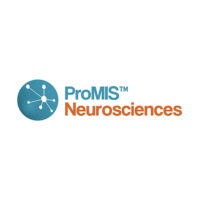
ProMIS Neurosciences (TSX:PMN) has initiated a program to identify novel therapeutic targets on neurotoxic strains of the protein tau, which, like neurotoxic strains of Amyloid beta (Ab), are implicated in the development of Alzheimer’s disease (AD).
“With multiple product candidates in our Ab program progressing to final validation and selection for drug development, we are focusing our science team and discovery processes on the other half of the root cause – tau prions.” SCO, Dr. Neil Cashman, explained in a statement.
Tau is a “microtubule-associated” protein that helps stabilize the axons of brain neurons. In AD and other neurodegenerative disorders, tau loses its normal function and forms abnormal clumps of protein called neurofibrillary tangles, which are toxic to nerve cells.
Dr. Steven Plotkin, chief physics officer, said that in order to develop an effective Alzheimer’s disease therapeutic targeting tau, the company needs to identify the structures present in only the prion-like, neurotoxic strains of the protein.
“This is where ProMIS’ computational methods have been extremely fruitful: our approach combines the identification of prion-like regions inside the protein —regions that may be involved in propagating aggregates — with molecular dynamics simulation to find novel, rational therapeutic targets,” he added.






